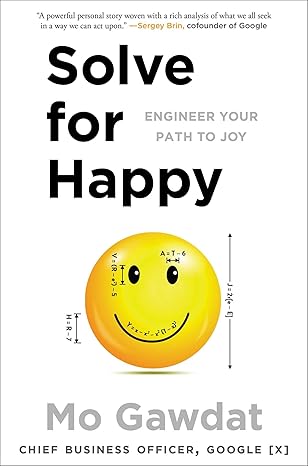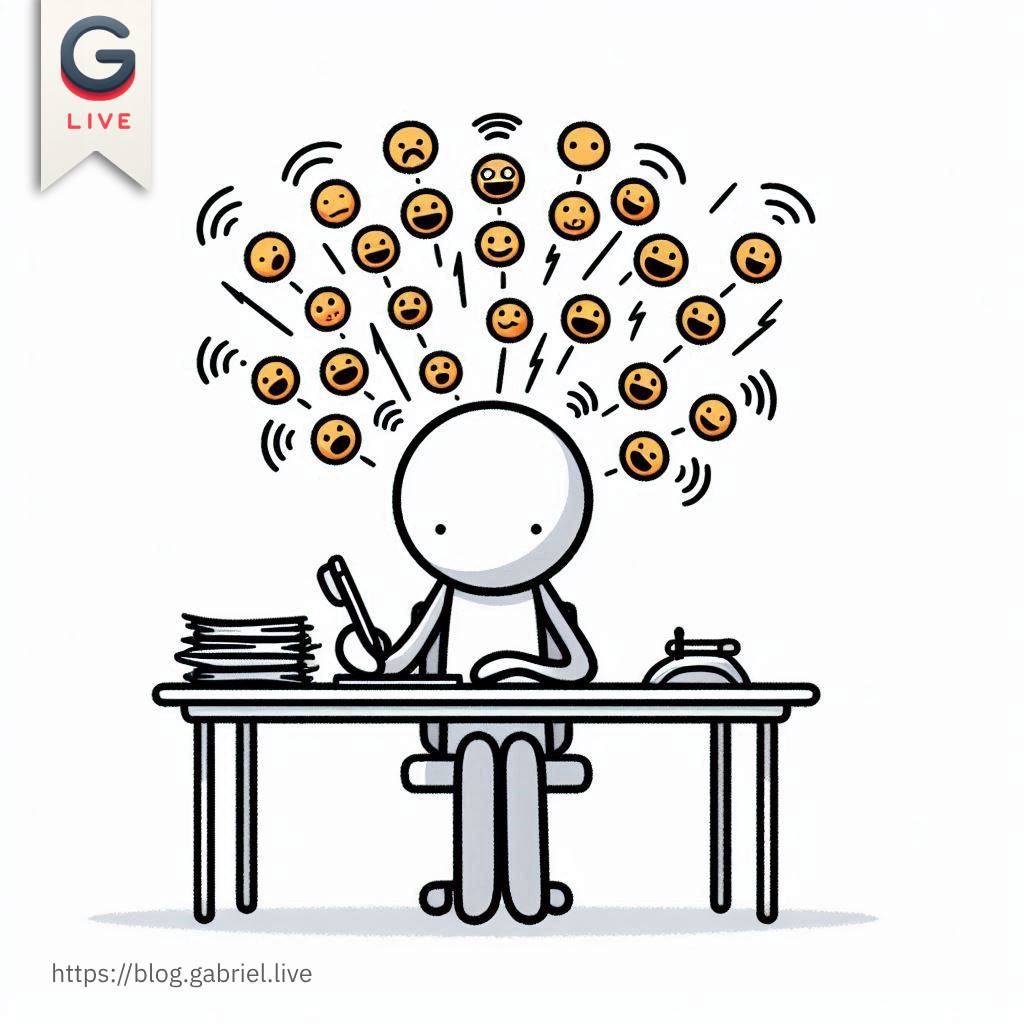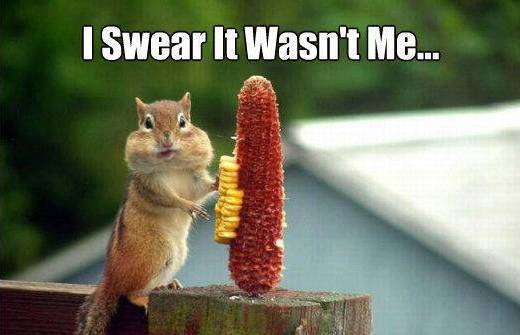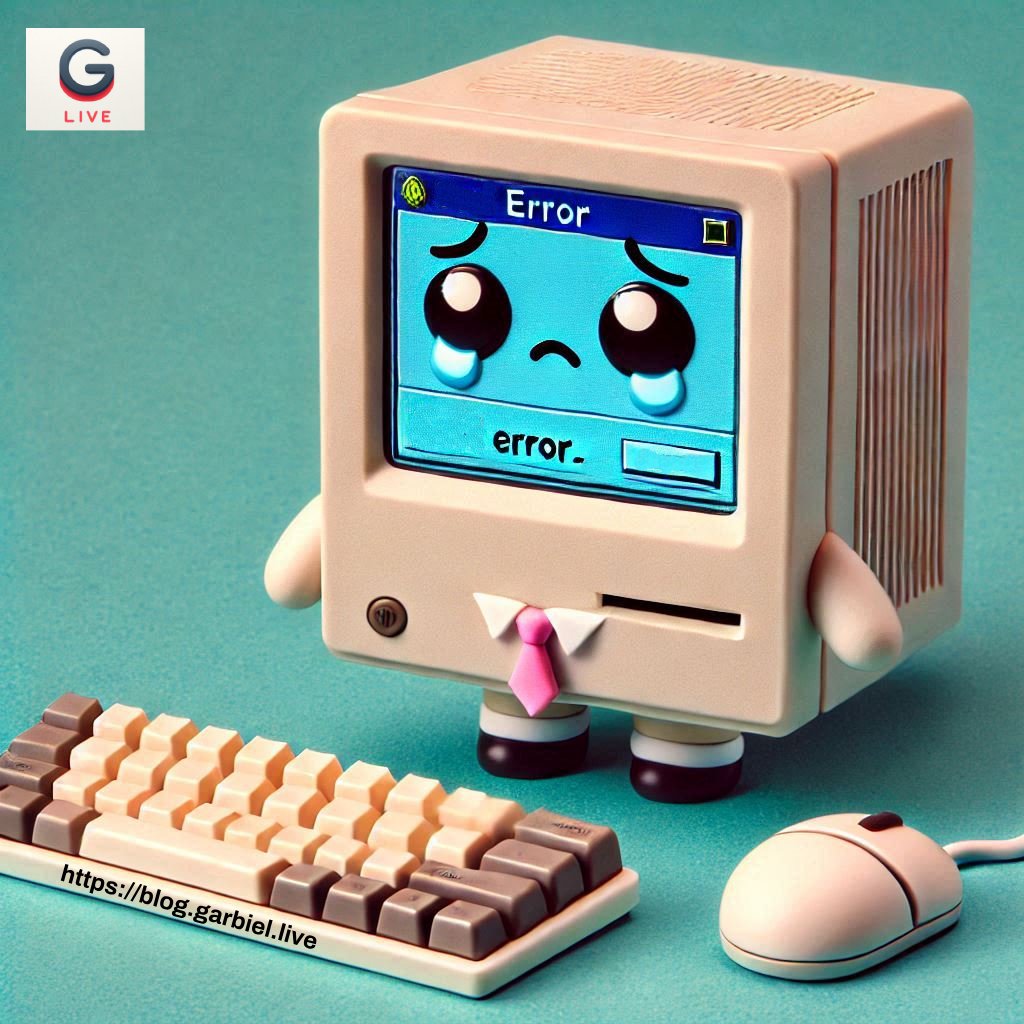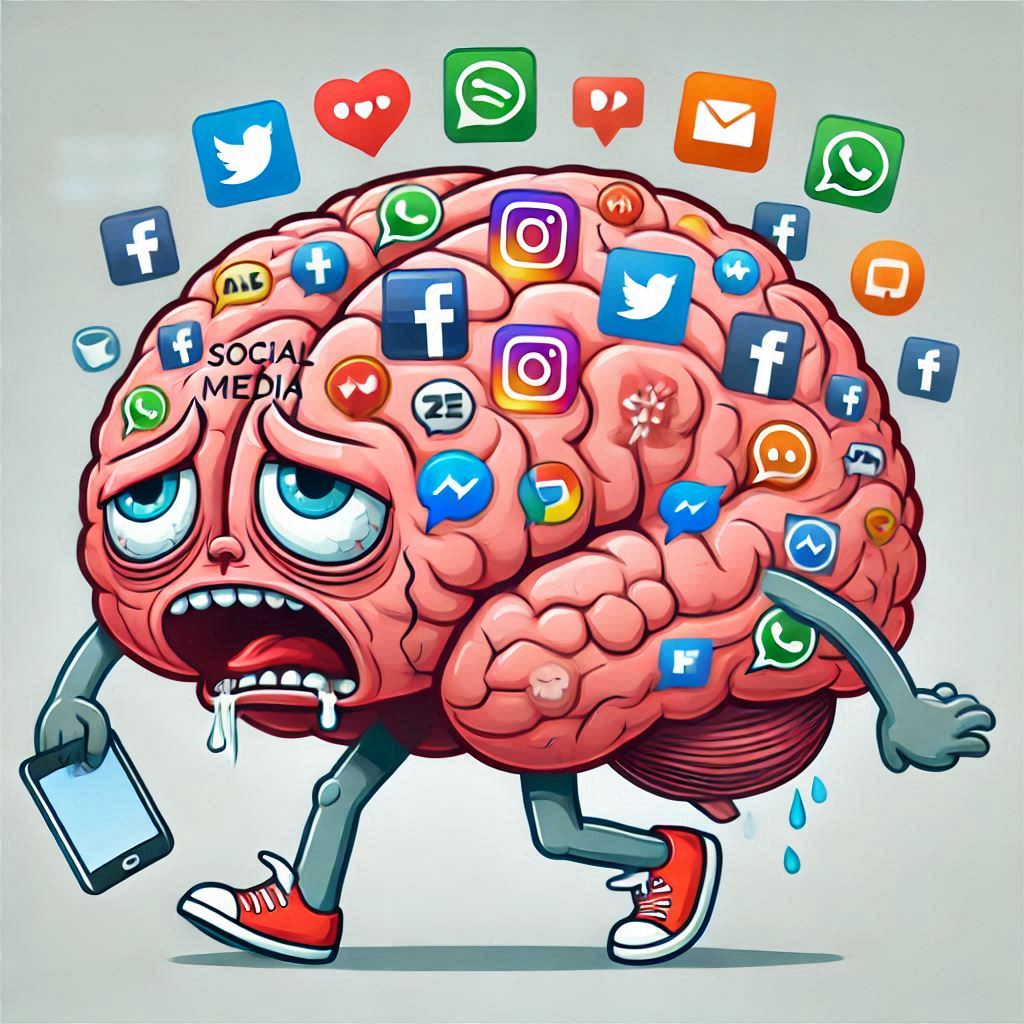I remember scrolling through podcast episodes, as prep for a business trip, when I stumbled upon an interview with Tony Robbins and Mo Gawdat. Gawdat, a former Chief Technology Officer at Google X, wasn’t talking about AI or groundbreaking tech. He was talking about happiness. That, in itself, was unusual. But it was how he talked about it that truly grabbed my attention.
What you’ll find inside:
He spoke with a quiet authority, a profound calm, and a story that was… devastating. His son, Ali, had tragically passed away, and Gawdat had embarked on a journey to understand how to navigate such immense grief, not by avoiding it, but by fundamentally changing his relationship to it.
If you observe the people close to you, some are seemingly unflappable in the face of hardship, and I wonder: what’s their secret? Why are some capable of finding something positive, even in the darkest of times, while others feel almost miserable if little things didn’t work out?
Gawdat’s story, and the framework he developed in his book, “Solve for Happy,” offered an answer, and it wasn’t what I expected. It wasn’t about positive thinking or “looking on the bright side.” It was about understanding the engineering of happiness, the underlying mechanisms that create our experience of joy and suffering.
Happiness: The Default Setting
The core idea of “Solve for Happy” is surprisingly simple: happiness is our default state. Think about a baby. Before the world layers on expectations, trauma, and learned patterns, they are pure, unadulterated joy. They aren’t worried about the future or dwelling on the past. They’re simply experiencing the present moment.
Read also: “Flow – the psychology of optimal experience” by Mihály Csíkszentmihályi
Gawdat argues that this inherent joy isn’t lost, it’s masked. Our brains, designed for survival, constantly analyze, predict, and categorize, creating a complex web of beliefs and expectations that ultimately distort our perception of reality. We are, essentially, running a constant, complex algorithm, and the results are rarely what we think they are.
Read also: Psycho Cybernetics by Maxwell Maltz, where he depicts that your brain is goal seeking machine
The Illusions and Blindspots: Where the Algorithm Fails
This algorithm, as Gawdat describes it, is riddled with illusions and blindspots. Here are a few key ones:
- The Illusion of Control: We desperately believe we can control external events. We plan, strategize, and worry, all in an attempt to shape the world around us. But the truth is, a huge amount of life is unpredictable. Accepting this isn’t about resignation, it’s about freeing yourself from unnecessary suffering.
- The Illusion of Separation: We perceive ourselves as separate from the world, from other people, from the universe. This creates feelings of loneliness, fear, and inadequacy. Recognizing our interconnectedness can foster empathy, compassion, and a sense of belonging.
- The Illusion of Time: We get stuck in the past (regret, resentment) or the future (anxiety, worry), missing the beauty and opportunity of the present moment. Our brains are excellent at remembering and predicting, but terrible at experiencing the now.
- The Limitation of Imperfection: We hold ourselves and others to unrealistic standards, leading to disappointment and frustration. Accepting imperfection is key to fostering self-compassion and building healthy relationships.
The Story We Tell Ourselves
Crucially, Gawdat argues that the events themselves aren’t the source of our suffering. It’s our interpretation of those events. Our brains are constantly constructing narratives, filling in gaps, and assigning meaning. None of these narratives are “reality” – they’re just stories we tell ourselves.
Read also: “Don’t Believe Everything You Think.” by Joseph Nguyen
Think about a time someone apologized to you. The apology doesn’t erase the event that caused pain. But it changes how you feel about it, right? Because it alters the narrative. It signals a shift in intention, a recognition of harm, and an offer of reconciliation. This realignment between your internal world and the external world, Gawdat argues, is what brings relief.
This leads to a powerful point: thinking alone has no impact on the reality of our lives. Endless analysis, rumination, and worry don’t solve problems, they create them. Overthinking doesn’t prepare you for the future; it steals the joy from the present. It’s a waste of precious mental energy, and it leads only to suffering with no benefits whatsoever.

Choosing Happiness: A Conscious Act
Happiness, then, isn’t something that happens to you; it’s something you choose. It starts with awareness – a conscious recognition of your emotions, thoughts, and patterns. You have to become the observer of your own mind, rather than being swept away by its currents.
Gawdat proposes several habits to cultivate this awareness. He emphasizes the importance of reframing your thinking and focusing on what you can control. Here are a few that I’ve found particularly helpful:
- Success Journal: This isn’t about listing achievements. It’s about intentionally rewriting your brain to see the positive events in your life. Each day, write down at least five things that went well, no matter how small. It retrains your brain to focus on abundance and gratitude.
- Awareness Break: Several times a day, pause and engage your senses. Recognize ten things around you, naming them, smelling them, tasting them, hearing them, feeling them. It grounds you in the present moment and disrupts the constant stream of thoughts.
- Gratitude Walk: I’ve added this to the mix. Every morning, I go for a walk and, with each step, I consciously identify something I’m grateful for – the warmth of the sun, the sound of birds, the opportunity to breathe. It’s a simple practice, but it sets a positive tone for the entire day.
My Biggest Takeaway from “Solve for Happy”
If I had to distill all of Mo Gawdat’s insights in “Solve for Happy” down to a single, most impactful concept, it would be this: suffering isn’t caused by what happens to you, but by the story you tell yourself about what happens.
While the book delves into illusions, algorithms, and practical habits, that core idea is the foundation upon which everything else is built. It’s profoundly liberating because it shifts the focus of control. We often feel helpless when life throws challenges our way, believing the events themselves are the problem. Gawdat argues that the problem isn’t the event, but the interpretation we assign to it.
This isn’t just positive thinking; it’s a recognition of how our brains construct reality. We don’t experience events objectively; we filter them through our beliefs, past experiences, and expectations, creating a narrative that shapes our emotional response.
Recognizing this allows you to:
- Interrupt negative spirals: You can challenge the stories you tell yourself and reframe them in a more constructive light.
- Reduce reactivity: You can create space between the event and your reaction, choosing how you respond instead of being swept away by automatic emotional patterns.
- Take ownership of your happiness: You realize that you have the power to change your experience, not by changing the external world, but by changing your internal narrative.
For me, that concept was the most impactful because it wasn’t about avoiding suffering – it’s about changing your relationship to it. It’s a shift from feeling like a victim of circumstance to becoming the author of your own experience. And that, ultimately, is a profoundly empowering realization.
I’d love to exchange with you on this topic. Please comment or reach out to me on threads: https://www.threads.com/@gabriel.live.24
